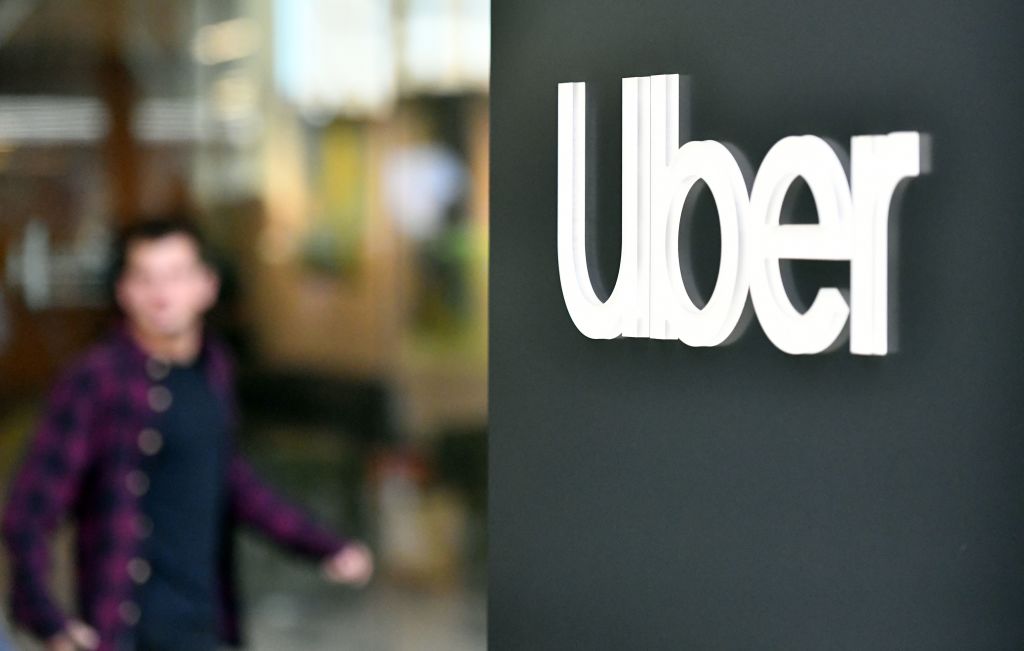On April 21, 2025, the U.S. Federal Trade Commission (FTC) initiated legal action against Uber Technologies Inc., alleging that the company enrolled consumers into its Uber One subscription service without their explicit consent and misrepresented the benefits and cancellation procedures associated with the service.
Background on Uber One
Uber One is a subscription program offered by Uber, priced at $9.99 per month or $96 annually. Subscribers are promised a range of benefits, including fee-free Uber Eats deliveries and cash back on Uber rides. The service is marketed as a cost-saving option for frequent users of Uber’s ride-hailing and food delivery platforms.
Allegations of Unauthorized Enrollment
The FTC’s complaint highlights numerous instances where consumers reported being charged for Uber One without their knowledge or consent. Some users discovered charges during or after a trial period, while others were billed despite not having an active Uber account. These practices have raised significant concerns about the transparency and ethics of Uber’s subscription enrollment processes.
Misleading Savings Claims
The FTC also accuses Uber of making deceptive claims regarding the financial benefits of the Uber One subscription. The company allegedly advertised that subscribers would save approximately $25 per month. However, this figure did not account for the subscription fee itself, effectively overstating the net savings consumers could expect. Such misleading representations can influence consumer decisions and may constitute a violation of consumer protection laws.
Complicated Cancellation Process
Another critical issue raised by the FTC is the complexity of the Uber One cancellation process. Consumers attempting to cancel their subscriptions reportedly faced a cumbersome procedure, requiring navigation through multiple screens and interactions. In some cases, users had to complete up to 23 steps and contact customer service, especially if they attempted to cancel within 48 hours of their billing date. This arduous process contradicts Uber’s cancel anytime promise and may deter consumers from terminating their subscriptions.
FTC’s Stance and Legal Action
FTC Chairman Andrew Ferguson emphasized the agency’s commitment to protecting consumers from deceptive subscription practices. He stated, Americans are tired of getting signed up for unwanted subscriptions that seem impossible to cancel. The FTC is seeking a court order to prohibit Uber from continuing these alleged deceptive practices and to mandate monetary relief for affected consumers.
Uber’s Response
In response to the lawsuit, Uber has denied the allegations, asserting that its subscription and cancellation procedures are transparent and comply with legal standards. An Uber spokesperson stated, We are disappointed that the FTC chose to move forward with this action, but are confident that the courts will agree with what we already know: Uber One’s sign-up and cancellation processes … . Uber also noted that it has updated its policies to allow customers to cancel their subscriptions directly through the app, eliminating the need to contact customer service within 48 hours of the billing date.
Historical Context
This lawsuit adds to Uber’s history of legal disputes with the FTC. In 2017, Uber settled allegations related to deceptive privacy and data security claims … The following year, the company agreed to pay $20 million … claims that it exaggerated prospective earnings to recruit drivers. In 2022, Uber settled a criminal investigation after admitting it failed to report a significant data breach affecting 57 million passengers and drivers.
Implications for Subscription Services
The FTC’s action against Uber underscores the agency’s broader efforts to regulate subscription services and protect consumers from deceptive practices. In October 2024, the FTC finalized the click to cancel rule, requiring companies to make canceling a subscription as easy as signing up for one. This rule is expected to go into effect on May 14, 2025, and aims to address the growing issue of subscription traps where consumers find it challenging to cancel unwanted services.
Consumer Advice
Consumers are advised to monitor their bank statements regularly for unauthorized charges and to be vigilant when signing up for free trials or subscription services. Understanding the terms and conditions, including the cancellation process, is crucial to avoid unexpected charges. If consumers encounter difficulties in canceling subscriptions or believe they have been enrolled without consent, they should report these issues to the FTC or their local consumer protection agency.
Conclusion
The FTC’s lawsuit against Uber highlights the importance of transparency and consumer consent in subscription services. As the legal proceedings unfold, the outcome may have significant implications for how companies design and manage their subscription models, ensuring they align with consumer protection standards and foster trust among users.



